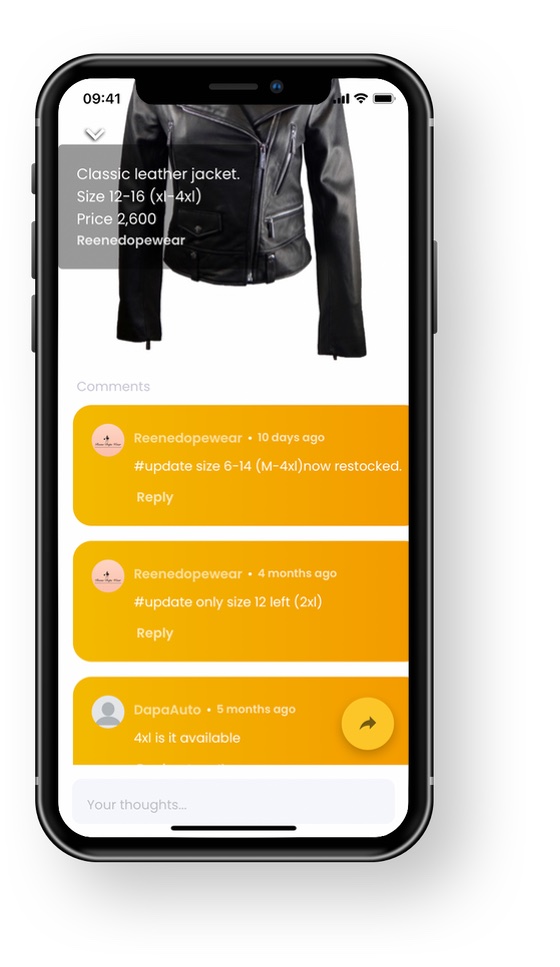In recent years, the transition of the commerce space to digital has been steadily growing especially thanks to big E-commerce giants like Amazon, E-Bay, Jumia, Alibaba etc. As we entered 2020 something happened that solidified E-commerce as the new way of doing business. The pandemic forced us to rethink trade thanks to the lockdowns that were imposed all across the globe to help curb the spread and save lives. This lockdowns saw a big shift to E-commerce since stores were mainly closed and people had to look for alternatives to shopping fo their groceries and other household items. Thanks to technology however, the transition to digital was not at all daunting but a welcomed phase in our evolution into the digital economy.
In 2020, it is estimated that 55.4% of consumer purchase was done through mobile devices with online goods and services being purchased by over two billion people. In 2021 the trend continued with around 70% of consumer purchase being made on smartphones. This growth can be attributed to the ever increasing internet adoption worldwide as well as more people having access to smart devices such as smartphones and tablets. 2022 is well poised to replicate if not supersede the growth witnessed in the last two years. We are indeed in the digital economy and most sellers are slowly finding it a necessary addition to their business work flow. In this day and age it is absolutely necessary to have an online presence to survive as more and more people move to buying their goods online. The technology is there and those that adapt will survive eventually.
What does this mean for sellers?
In our times, it is probably a good idea to have an e-commerce strategy. Many people have started adapting to purchasing goods online and for retailers it would be a good bet to maintain an active online presence. The beauty of current technology is that sellers have a plethora of options to choose from. From platforms such as Shopify, or WooCommerce for Wordpress which enable sellers to set up their own e-commerce shops with ease, there is literally no excuse for sellers to not have an online presence and capitalise on the digital economy trend. Other options available include social media selling also known as social commerce. With social commerce sellers have the advantage of getting the user where they are, that is, in their favourite social media apps where they spend most of their free time. Recently, social commerce has experienced tremendous growth and is poised to continue growing over the next coming years. Platforms such as Meta’s Facebook & Instagram as well as Twitter are realising ad revenue from sellers promoting their goods or services on these platforms. Suffice to say the future is digital and those that familiarise early and adapt will reap the rewards.
Social Commerce benefits
Naturally, we human beings are social creatures. We enjoy socialising and interacting with other human beings, it is part of who we are. Socialising is how we build new relationships and partnerships as well as keep the society moving. Ideas are exchanged in a social environment which in turns shapes society. While Social Commerce is a relatively new term, the fundamentals remain familiar. Social commerce is the process of using social outlets such as social media apps for the sale and purchase of goods and services. An example is selling goods and services on platforms such as Facebook and instagram. In recent years, other players such as Alibaba and Amazon have also incorporated social commerce onto their platforms which was highly welcomed. The efforts by these E-commerce giants signifies the trend is here to stay and is a welcomed approach especially in fostering human interaction.
Social commerce has a couple of advantages over the traditional way we had become accustomed to in the traditional E-commerce set up. These include:
- The seller is able to interact directly with the buyers thus getting valuable feedback from their target audience.
- The buyers also get to interact with their sellers similar to how the flow in a brick and mortar set up.
- The feedback received is real time thus affording the seller ample time to test and optimise their offerings quickly based on performance and feedback from the buyers.
- The social aspect is highly welcomed especially now that we are coming back out into the world after a period of isolation as we went into lockdown to curb the spread.
- Finally, I believe social commerce adds the human touch in the whole process of commerce. Interacting directly with the sellers is a big plus as it opens the avenue of communication in for example, customization of products, request for particular products that the seller typically might not have stocked and so on.
The way forward
At Ofvesoft, our main goal is to help small businesses transition smoothy into the digital economy. We use modern trends to build software solutions that help us achieve our goal. Since the social commerce sector is predicted to grow and has already curved a niche of its own with an estimated market size of $584.91 billion in 2021, we saw an opportunity in this space and decided to build our own offering Sandbvx.
Sandbvx is a social commerce platform that aims to connect buyers and sellers in a social way. Buyers and sellers can interact on the platform, message each other, comment on posts, make their order and ask the sellers questions, either privately or on the comments section of sellers and service provider’s posts. It’s an interesting sector and a prospective venture that we hope to deliver to small businesses to ensure as many of them as possible can be integrated onto the digital economy with as little friction as possible. The early version of the app is currently on pilot and available on both the AppStore and Google Play Store. The feedback so far is positive and we continue to work on the offering to add more exciting features that would solidify our entry into the field.
So if you are a small business owner and would like to experience what social commerce is all about, you might want to download Sandbvx app and join us in our journey as an early adopter. The saying,
"the early bird catches the most worms". really does ring true in all aspects of our lives and business.

